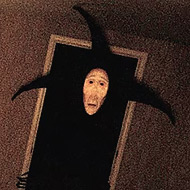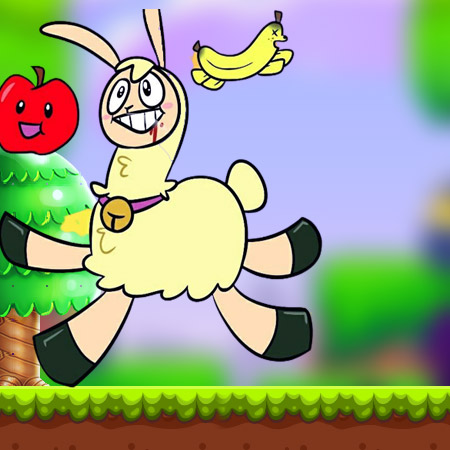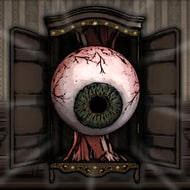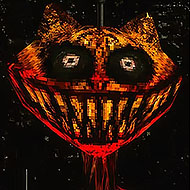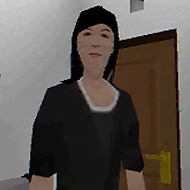
Pikabuu: STOP
Pikabuu: STOP challenges your reflexes, instincts, and emotional endurance in a tense, minimalistic environment where the only rule is to obey or face the consequences. The game strips interaction to its most basic command—“stop”—but delivers a deeply layered and often surreal experience that constantly questions your compliance.
Following Orders Isn’t Easy
The game begins innocently enough. You are placed in a quiet room with a single message flashing on-screen: “STOP.” At first, it seems like a joke—a parody of traditional horror mechanics—but Pikabuu: STOP builds psychological pressure in clever ways. The command repeats. The visuals subtly distort. Sound cues become more threatening. You’ll be tempted to move, press keys, or break the silence. That’s when things begin to change.
Pikabuu: STOP plays with player psychology. Obeying the game’s single command might be the safest choice, but disobedience is always more tempting. Each moment of defiance reshapes your surroundings—walls shift, lights flicker violently, and shadowy figures begin to emerge. The environment reacts to your smallest action, making every movement feel loaded with consequence.
The Mechanics of Stillness
This game’s core mechanic isn’t just about stopping—it’s about resisting input. You are punished not just for disobedience, but for curiosity, impatience, and exploration. Every level tests your ability to stay still under growing pressure, sometimes for minutes at a time, while disturbing visuals and sound design try to provoke you into action.
- Motion-sensitive gameplay where inactivity is key to survival
- Reactive horror elements that escalate with each misstep
- Unsettling atmosphere with minimal UI and guidance
- Multiple psychological endings based on behavior patterns
Common Player Questions
What happens if I move? The environment shifts and often introduces a threat, forcing you to re-enter a stable state.
Can you win without breaking the rule? Yes, but it’s not the only ending. Exploration and defiance unlock alternate routes and scenes.
Pikabuu: STOP redefines minimal horror by taking a simple idea and using it to maximum psychological effect. If you think sitting still is easy, this game will prove otherwise—with silence that screams louder than action.
Comments
There are no reviews yet. Be the first one to write one.



